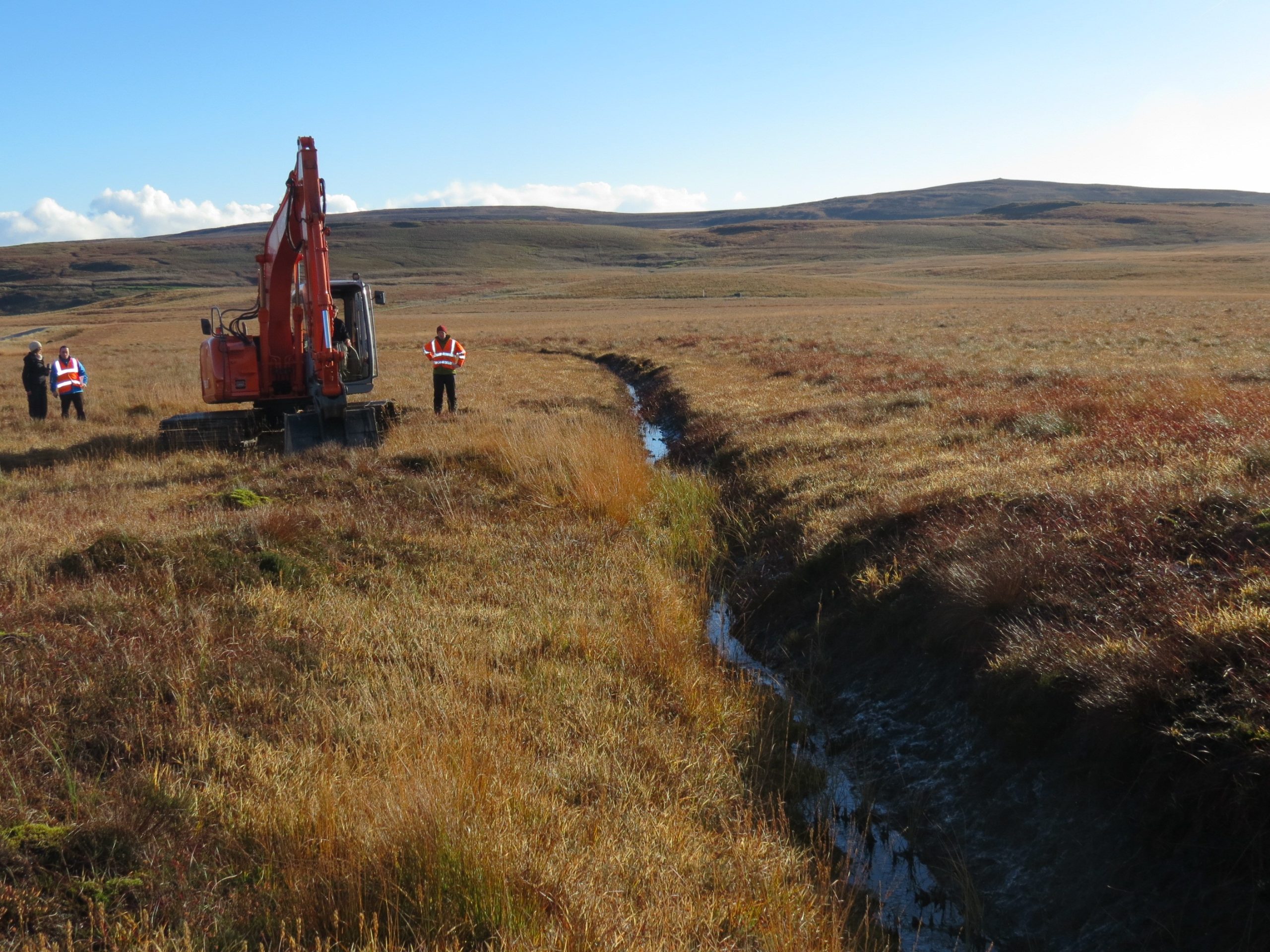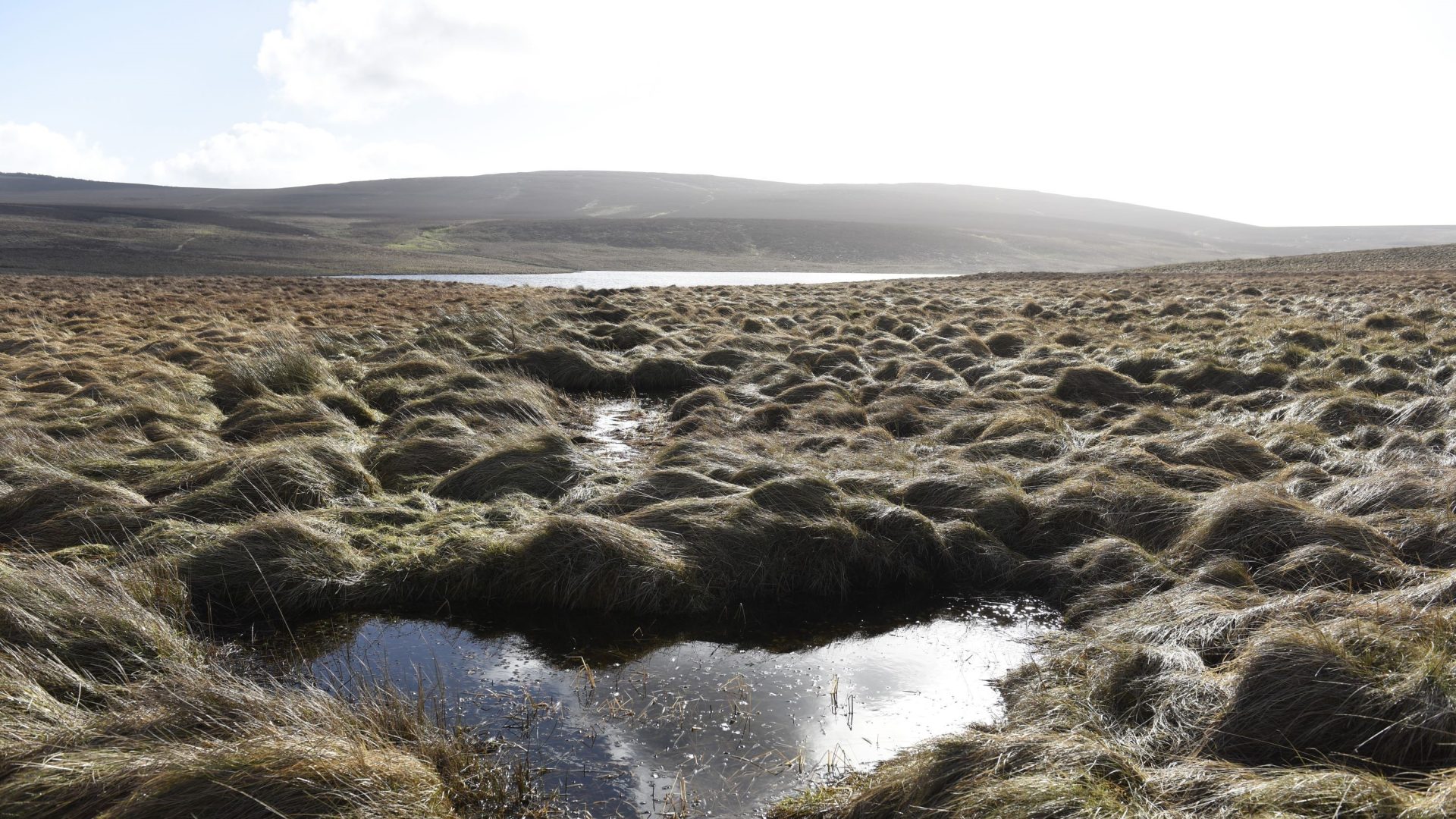World Wetlands Day is celebrated each year on 2 February to raise awareness about wetlands. This day also marks the anniversary of the Convention on Wetlands, which was adopted as an international treaty in 1971.
Nearly 90% of the world’s wetlands have been degraded since the 1700s, and we are losing wetlands three times faster than forests. This year also marks the first anniversary of the Ramsar convention on Wetlands, which provides extra protection to these habitats.
NI Water has shared some of its important restoration work to highlight the importance of wetland areas and how everyone’s everyday activities impact on local rivers, streams and ponds.
NI Water Catchment Liaison Officer, Kerry Morris, explained: “Wetlands are among the world’s most fruitful areas for biodiversity; in particular, they are essential to a diverse array of wildlife in providing a transitional habitat between dry land and deep water.
“This year’s campaign explores how interconnected wetlands and human life are, with people drawing sustenance, inspiration and resilience form these productive ecosystems. All aspects of human wellbeing are tied to the health of the world’s wetlands.
“In Northern Ireland we are lucky to have a large range of wetland types, some of which are vital habitats for freshwater and amphibian species. In inland areas you can find marshes, peatlands or swamps whereas on coastal areas you can find lagoons or saltwater marshes. These are dynamic landscapes which change every day due to incoming water flows and precipitation.
“World Wetlands Day provides a great opportunity to remind us all that we need to take care of and appreciate our wetland areas. Wetlands and human life are very much interconnected. They are important ecosystems. Every wetland matters and every effort counts to ensure their protection.”
Some of the benefits wetland areas can provide include:
- They help clean the raw water in the environment by removing pollutants through natural filtration
- Wetlands reduce the risks of climate change. For example, peatlands contain large amounts of sphagnum moss, which is extremely effective at absorbing CO2 from the atmosphere. A well-managed and properly functioning peatland can reduce carbon emissions and are one way to mitigate climate change
- Wetlands can slow downstream flooding and prevent damage from storm events.
- Spending time in these beautiful landscapes is good for health and wellbeing, and can often be home to many rare birds, insects and animals
Kerry continued: “Human wellbeing is irrevocably tied to the state of the world’s wetlands. But they must be healthy if they are to continue to provide us with water and food, support biodiversity, provide livelihoods, protect against extreme weather events, and mitigate against climate change.
“Locally, there are over 80,000 hectares of wetland in Northern Ireland, including Bog Meadows, Glenarm, Moyola Waterfoot and Lagan Meadows. NI Water’s pond and nature area at Duncrue is an extremely important asset within Inner Belfast and its currently being upgraded to encourage wildlife to the area and provide a home to protect a variety of plants and animals.
“NI Water’s work continues to invest in the future sustainability of our local wetlands. The benefits are economically, socially and culturally essential in helping humans to overcome the climate-biodiversity crisis and to delivering sustainable development goals for the benefit of all people.”




